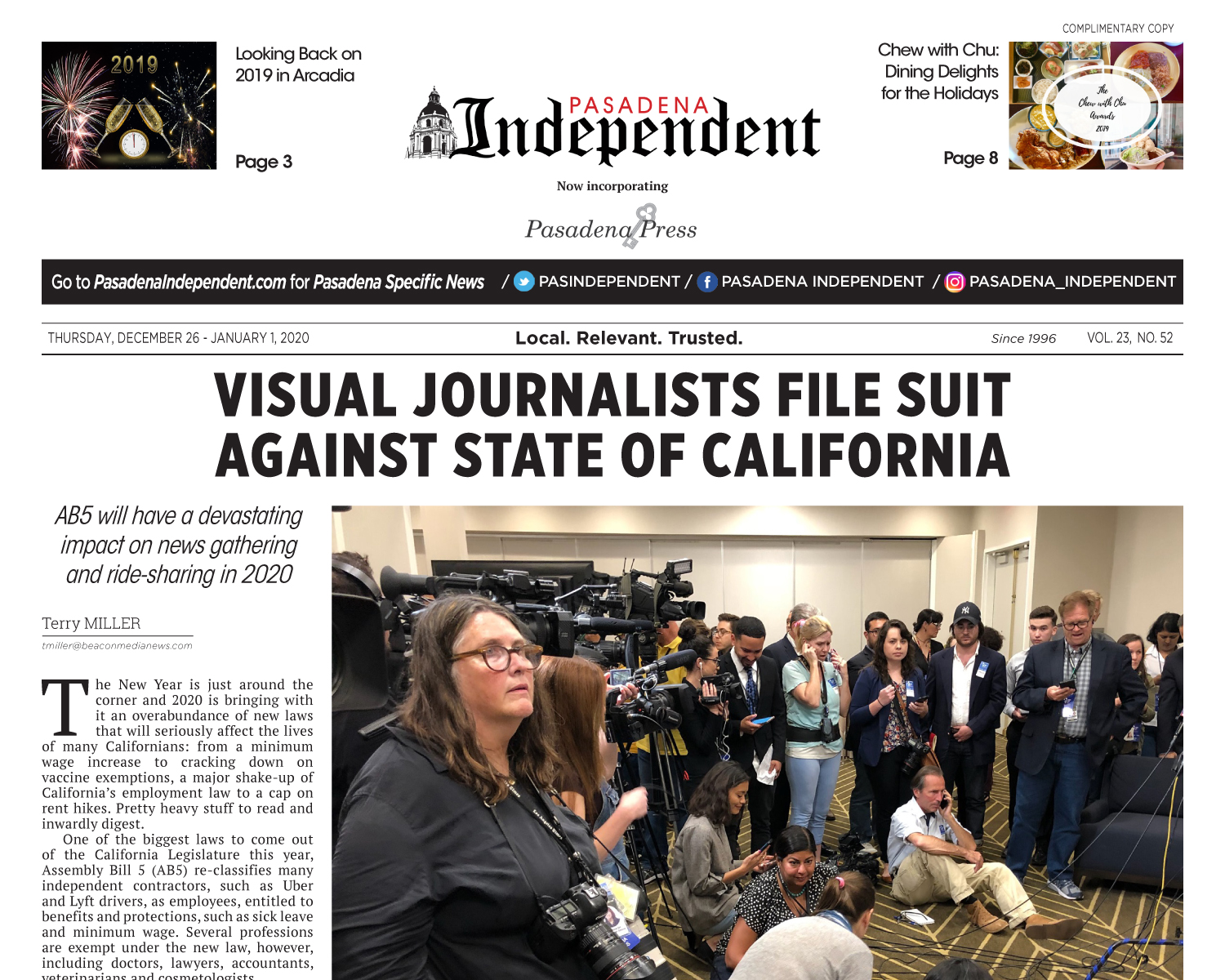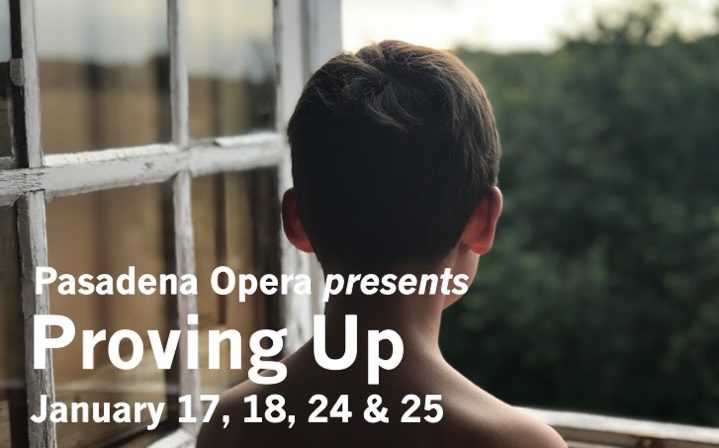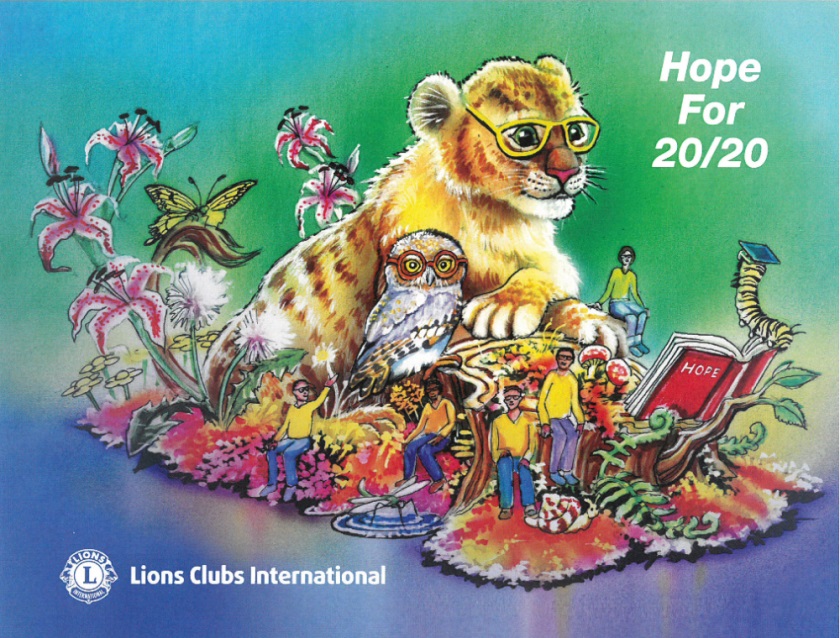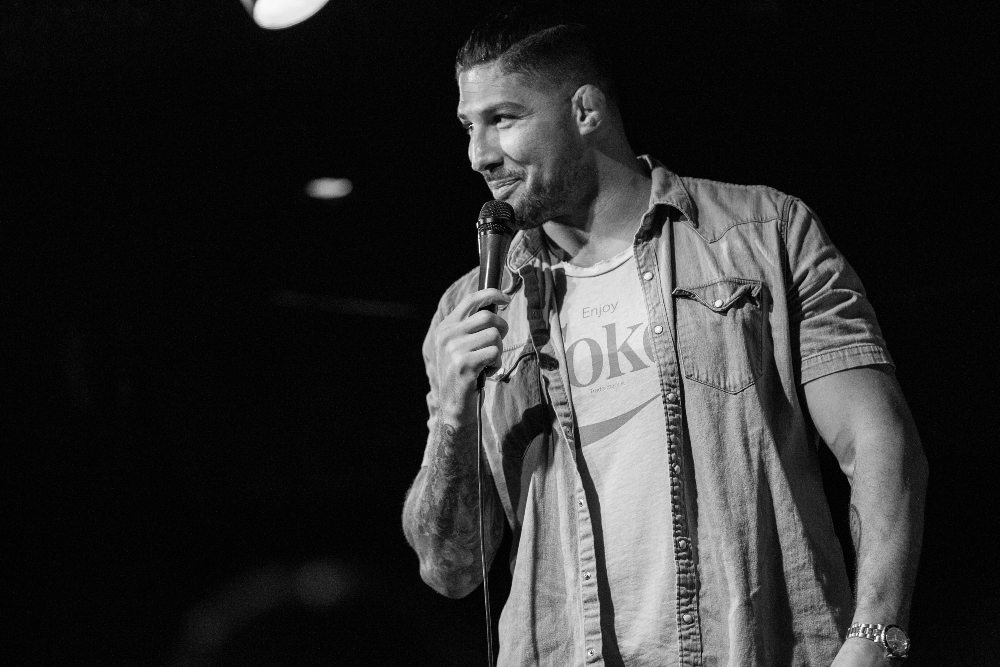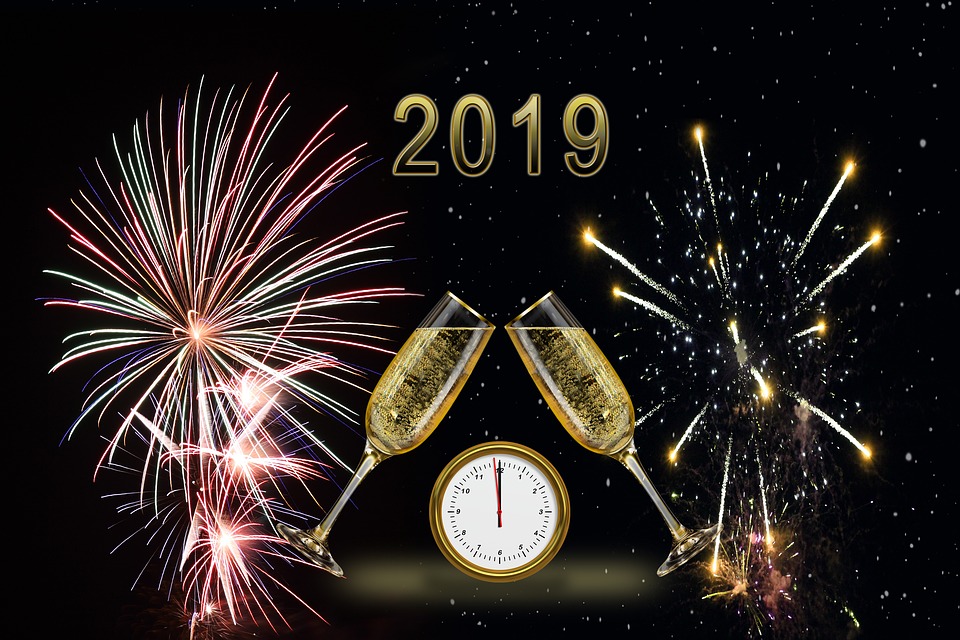
By Angela Copeland
The title of this column may sound funny. After all, you’re looking for a new job, not a steak and baked potato. On the surface, you’re right, but there are lessons you can carry over from your dinner tonight to your job interview tomorrow morning.
Like a dinner party, you never know who you might be introduced to when you’re searching for a job. When you go for an interview, it’s important to be friendly to each person you meet – whether they’re the intern or the CEO.
At dinner, there are also three topics universally considered impolite to discuss: religion, politics and money. Religion is obvious, since you often don’t know which religion someone may be, or if they practice any religion at all. Politics make sense too.
During the job hiring process, many people will review your resume and your cover letter. Some you may never meet and others you will spend hours with during the hiring process. During the interview, it will be difficult to distinguish someone’s religious affiliations or political beliefs. Making an assumption about someone else’s beliefs may easily lead you down the wrong path.
Although you may feel very strongly about your views, it’s important to consider one thing. Is it more important that everyone you meet during your interview process knows your personal views, or is it more important that you get a job?
The purpose of an interview is for your future employer to make judgments about you. They want to decide whether or not you would make a good fit for a particular role. In the same way that you wouldn’t want to distract them or turn them off by wearing jeans, you should also avoid the pitfall of sharing your personal views.
The best policy is to brand yourself with your educational and work-related achievements. Focus on these in your resume, cover letter and in-person discussions. Downplay things like religion and politics that will distract from these points.
Talking about money during dinner can create tension. In an interview, discussing money is not recommended because you may harm your chances of receiving the highest possible salary. The saying goes that in negotiations, whoever speaks of money first is the loser. Keep this in mind, and allow the interviewer to show their cards before you do.
After a dinner party, you tell the host thank you. You should also take the time to thank the company that interviewed you. They hosted you. They have put schedules on hold, setup meetings, and sometimes have even flown you in. At a minimum, send a thank you note via email to each person you meet.
The only exceptions are when you are applying for a religious or political organization with whom your personal views align. In that case, you may be more open. But remember, not everyone at the organization may share the organization’s views, so be sensitive in how you share.
Angela Copeland, a career expert and founder of Copeland Coaching, can be reached at copelandcoaching.com.


